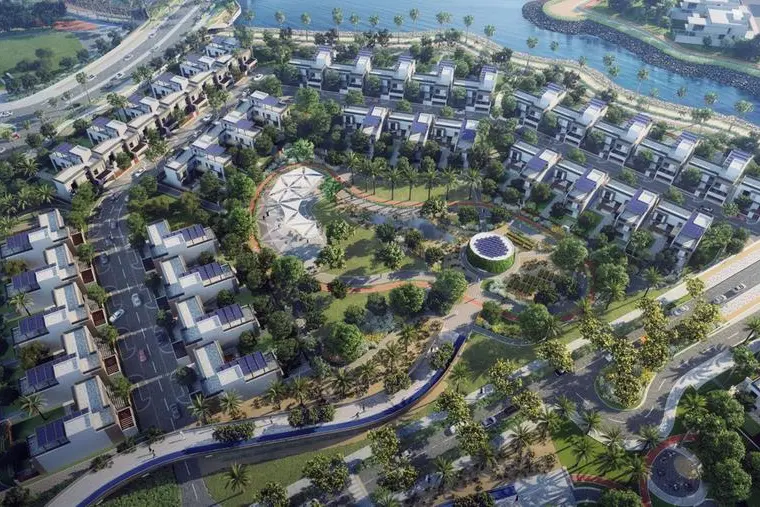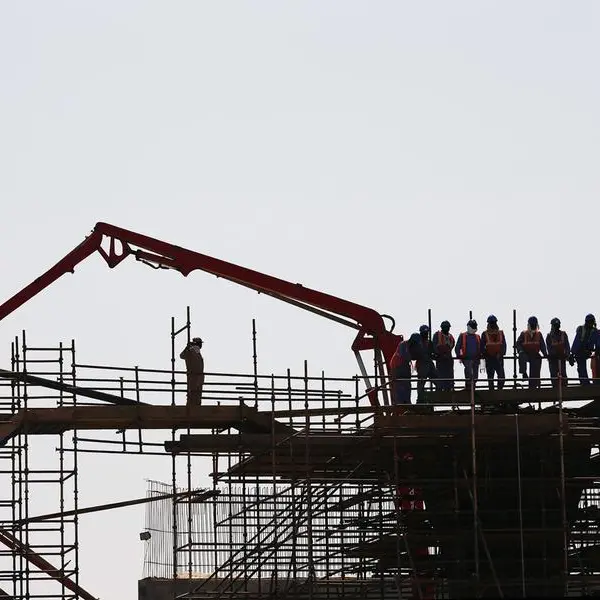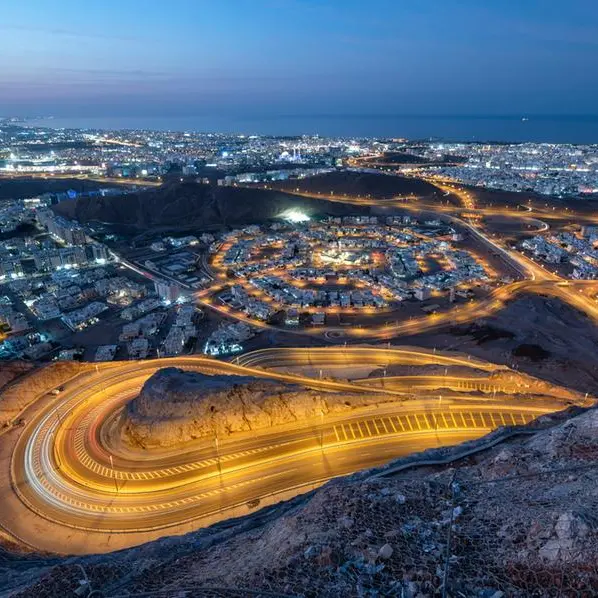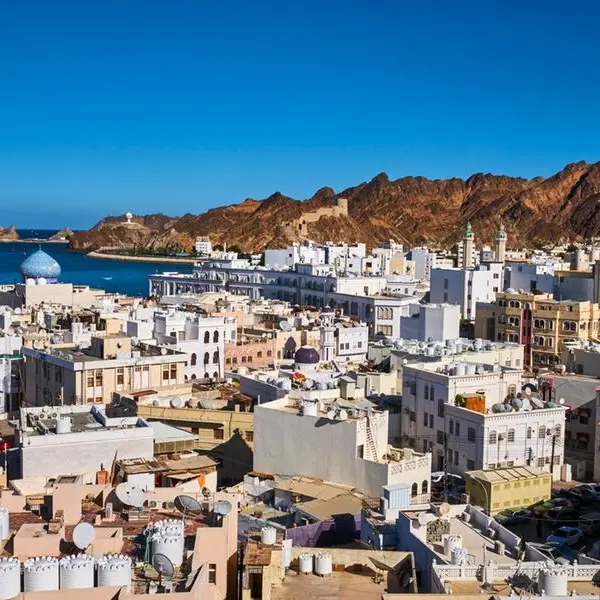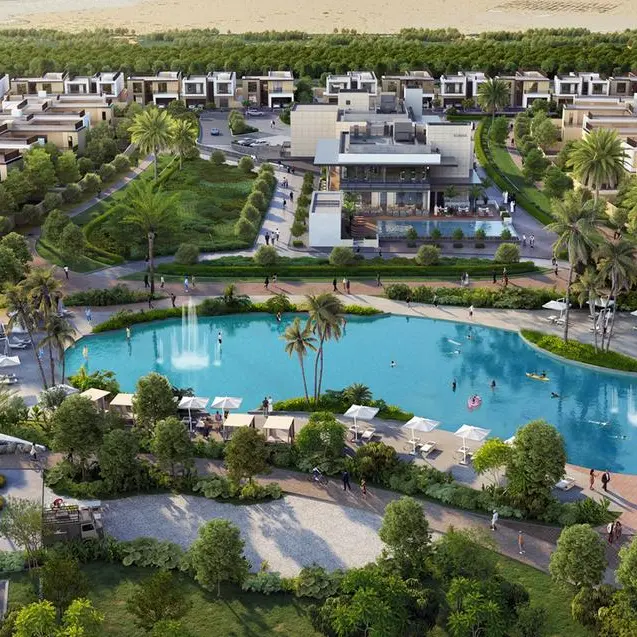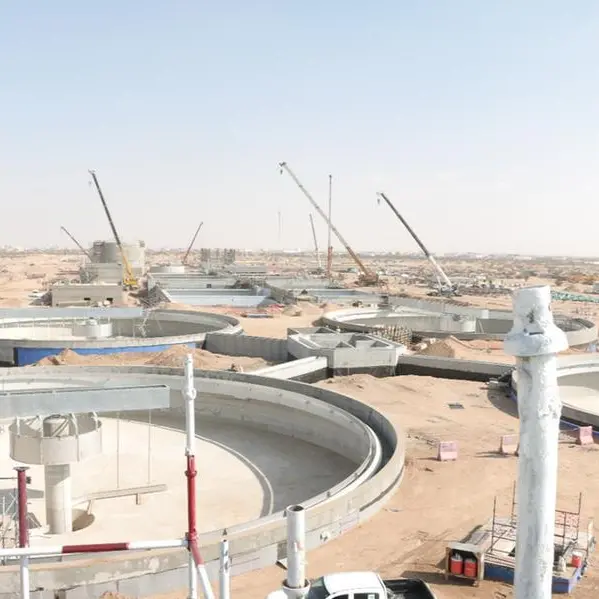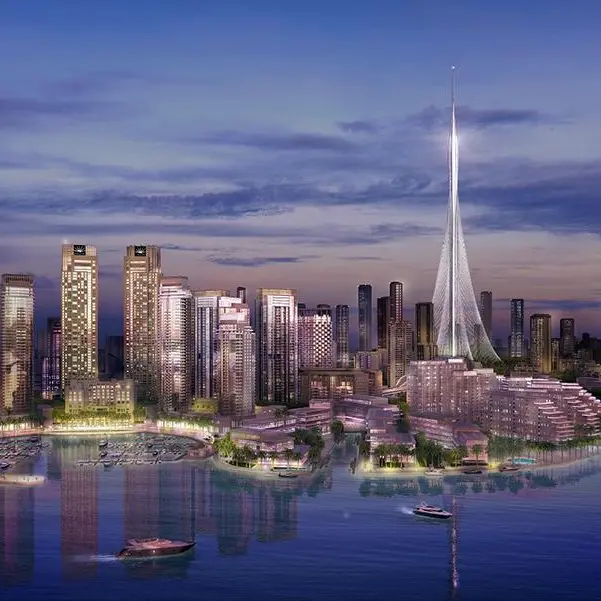PHOTO
MUSCAT: The Sustainable City – Yiti has shed light on its sustainable strategies, set to make it the region’s first net zero emissions community by 2040.
Located just outside of Muscat, the ambitious project spans one million square meters and has an aspiration to become the largest operational sustainable community in the world. It will reduce the per capita emissions footprint of its residents by 78% compared to conventional housing. This includes relying on 100% renewable energy, 100% water recycling, 100% waste diversion from landfill, and up to 80% self-sufficiency in food calorific requirements. Slated for completion in 2026, the infrastructure of The Sustainable City – Yiti has reached 75% completion.
The Sustainable City - Yiti follows a resilient and replicable working model that provides a map for a low-emissions future powered by intelligent technology and integrates three pillars of sustainability: social, environmental and economic. The world-class mixed-use development promises a high standard of living throughout the 300 villas/townhouses and 1225 plaza apartments, integrating best practices in design, construction, technology, and maintenance.
To meet sustainability targets, the development seeks to cut down on emissions across the six pillars of environmental sustainability: food, energy, water, products, mobility, and waste. This multipronged approach is breaking new grounds for Oman, emphasising the Oman Vision 2040 and making sustainable living accessible to everyone.
Food
The Sustainable City – Yiti aims to achieve 80% food security through nutritious food production and robust agriculture systems. Date palms and other productive trees will be planted. Additionally, it will house four biodomes for indoor vertical farming, whilst the Sustainable District will dedicate small plots for community gardening, supporting wellbeing and social sustainability. The development will also be home to SEE Lab, which will be a food hub producing vegetables, herbs, milk, eggs, and fish.
Both SEE Lab and the biodomes will be digitally integrated with the latest food production technologies to ensure efficient seasonal harvesting, whilst food delivery and transportation to residents will be through electric vehicles to minimize associated greenhouse gas emissions.
Energy
The Sustainable City – Yiti is set to deploy rooftop solar photovoltaic (PV) panels on all the villas and parking areas which will offset up to 100% of the operational energy demand on the residential villas and townhouses.
The villas, townhouses and plaza apartments reduce energy consumption through ‘demand side management’, including passive and active design. Residential units avoid the sun and maximise shading. They are also equipped with highly insulated UV reflective walls, roofs, and windows which reduce air-conditioning loads and electrical consumption.
Additionally, all residential units will be equipped with energy-efficient appliances to minimize resource consumption and associated costs. As a result, residents of The Sustainable City – Yiti, will enjoy a considerable drop in their utility bills – up to 100% on electricity and 50% on water – compared to conventional households.
Water
Residential units will be equipped with low-flow water fixtures and appliances to reduce total water consumption and footprint. The Sustainable City – Yiti is also equipped with a Sewage Treatment Plant (STP) where all wastewater will be reused in landscape irrigation using a smart irrigation system to maximise efficiency, and for the District Cooling Plant to reduce water loss.
Overall, the development aims to achieve a balance between incoming fresh water, outgoing treated sewage effluent, and reused water.
The development also aims to deploy humidity harvesting, to collect the water vapor and moisture in the atmosphere to produce potable water.
Products
The Sustainable City – Yiti is making use of eco-friendly and low-emissions materials in construction and fit out and is prioritizing contractors that value sustainability and are well-versed in the relevant environmental documentation and certification.
Contractors are encouraged to work with local manufacturers and suppliers to review the origin of building materials and pursue efforts to source such materials near the project’s location, which also contributes to Oman’s in-country value strategy.
Mobility
The Sustainable City – Yiti promotes all forms of clean mobility including soft mobility, electrification, and shared mobility. In line with the people-centric community’s live-work-thrive philosophy, everything will be provided on site, reducing the need to leave, and thus cutting down on transport-related emissions and noise pollution. To champion clean mobility, shaded car-free areas will enhance walkability, shared e-bikes will promote healthy commutes and electric buggies will be available for residents.
Up to 297 electric vehicle charging points will be deployed across the development, supplied by surplus renewable energy and managed by smart systems to promote self-consumption before injecting back to grid. An EV car sharing program is also in the pipeline.
Waste
The development aims to achieve zero waste to landfill through waste minimization, recycling, and sorting by recyclable, organic, electronic, and residual waste. On-site biogas will handle up to 100 tons of organic waste per day.
Additionally, programs like urban farming and segregating waste at source will engage residents in fostering a culture of sustainability. The green spine running the length of the community with numerous green spaces throughout, as well as an animal sanctuary and the protected biodiversity in the surrounding environment will complement a feeling of co-existing with nature amongst residents.
The Sustainable City – Yiti, is poised to replicate the success stories of The Sustainable City in Dubai, Sharjah Sustainable City and The Sustainable City – Yas Island in Abu Dhabi, which prove that today’s investors and end users understand the long-term value of embracing sustainable communities. These developments show clear evidence that sustainability can be achieved at no additional cost to either developers or residents.
2022 © All right reserved for Oman Establishment for Press, Publication and Advertising (OEPPA) Provided by SyndiGate Media Inc. (Syndigate.info).
